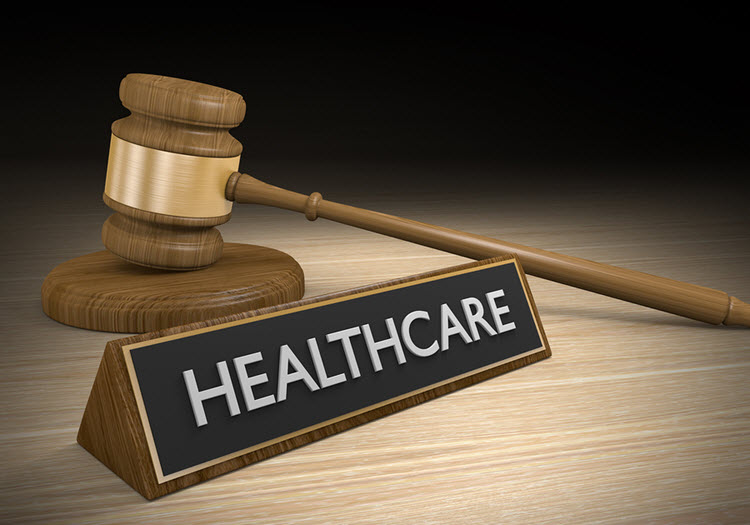Hospitals are now required to explain the implications
The Notice Act signed into law August 6, 2016 by President Obama, is a start in resolving the dilemma faced by people with Medicare who must go to the hospital. The dilemma occurs when Medicare patients are treated by the hospital as an outpatient in Observation status vs. being Admitted to the hospital under inpatient status.
Many people have no idea that being admitted to the hospital as an inpatient is one determinant to what Medicare covers and pays for after you leave the hospital. If you are discharged to a rehab hospital or a skilled nursing facility after having been in the hospital under “observation status”, Medicare will not pay for that subsequent care. Some patients have been kept in the hospital under “observation” for days, undergoing tests and treatments. It is only after discharge to a rehab hospital or skilled nursing facility that they learn they must pay the bill with their own money. Medicare payment for post hospital rehabilitation and skilled nursing care requires admittance to the hospital as an inpatient and a stay of at least three days.
Starting in January, a patient that has received services as an outpatient for more than 24 hours must be notified by the hospital and receive a written explanation that includes:
- The reason/justification for the observation status
- How “observation status” affects payment and coverage eligibility, for a Post-Hospital Rehabilitation or Skilled Nursing facility stay
- Provide these patients with written information about Medicare’s process for how to appeal the hospital’s decision to treat them as outpatients under observation status, instead of as inpatients admitted to the hospital.
It is hoped that requiring hospitals to go through this process will facilitate patients being able to talk with their doctor about being reclassified to inpatient status and being admitted to the hospital.
I say it is a start because you, the patient, may understand that Medicare will not pay for post hospital skilled nursing or rehabilitation, but the hospital still has the right to keep you under observation. The appeal process does not solve the problem. You will be long gone from the hospital (and probably rehab) before the appeal process is completed.
There is hope however, in reintroduction of the legislation “Improving Access to Medicare Coverage Act of 2015”, by Joe Courtney (CT). This bill would count all the days spent in the hospital, regardless of status, toward the three-day requirement needed for Medicare coverage. (Source: bostonglobe.com: Medicare three day rule unfair to patients)
To understand how the use of observation status for Medicare patients became so wide spread, and the impact, read the New York Times Article: Medicare Law to Notify Patients of Loophole in Nursing Home Coverage
I welcome your comments on this new law and your thoughts on how it, and Medicare, can be strengthened for consumers.
Disclaimer: The material in this blog is for educational purposes only. It is not intended to replace, nor does it replace, consulting with a physician, lawyer, accountant, financial planner or other qualified professional.


Thanks Debra for this article. I have been associated with skilled nursing facilities for a long time Doing Admissions and Marketing and can’t tell you the numerous times I have encountered this scenario. If hospital stay was less than 3 midnights then we already knew to do due diligence and find out if it was “observation” or “admit”. However there have been instances where patients have been under observation status for more than 3 midnights which was always confusing. Patients and family members are unfortunately not aware of the financial obligations under “observation” status.
Thank you Saswati, for your insight as an admissions and marketing person for skilled nursing facilities. I am hopeful that further work will be done to strengthen the Notice Act and that three days in “observation” status will be allowed as part of the criteria for Medicare payment.